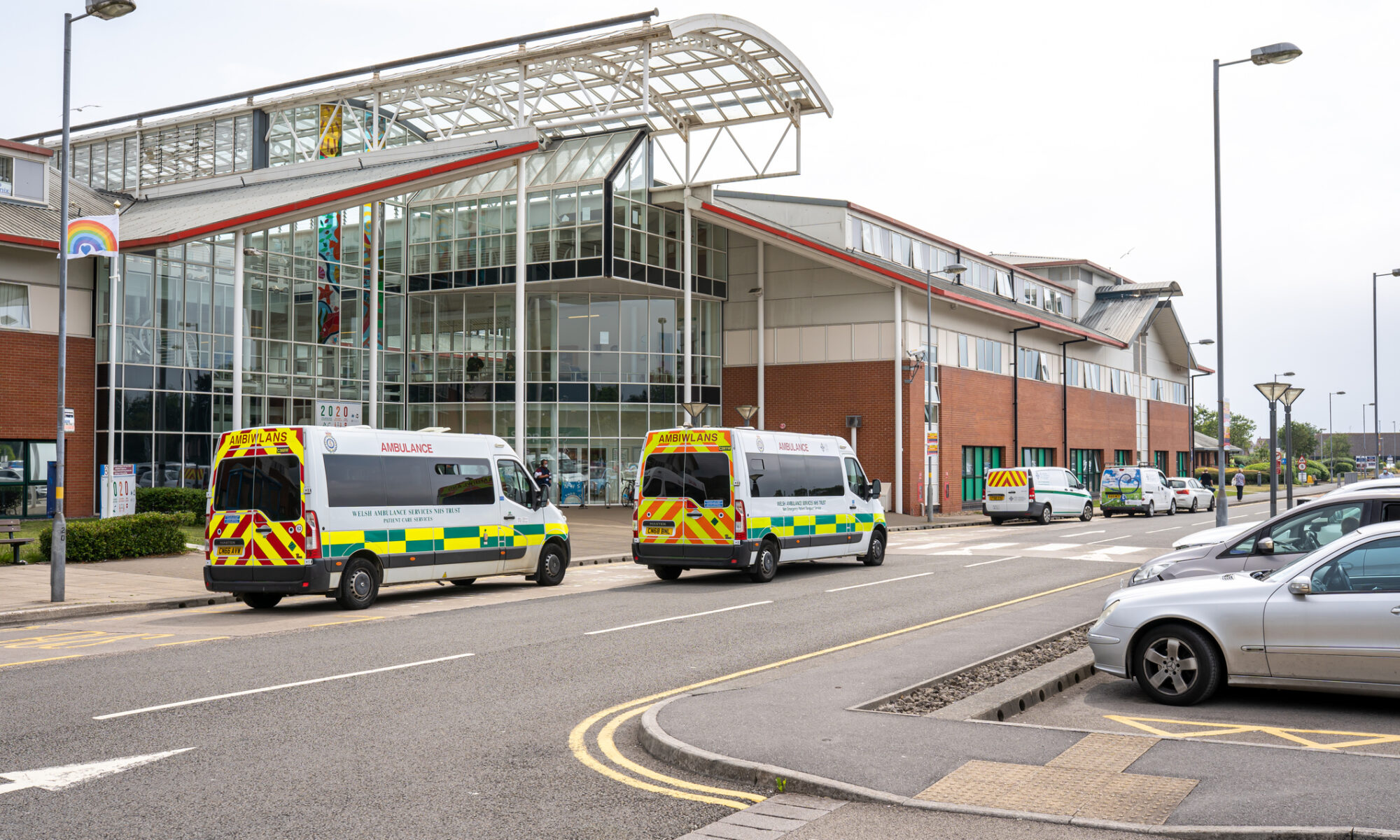Our flexible OTiS Tactical tool is helping integrated care systems to monitor emerging pressures on urgent and emergency care and impact on patient flow through acute hospitals.
To inform tactical responses to COVID-19, Lancashire and South Cumbria (LSC) Integrated Care System required a flexible tool to monitor emerging pressures and impacts on the delivery of urgent and emergency care within acute hospitals.
To understand the changing current position in the context of medium-term trends, there was also a need to improve how existing data sources were interrogated.
They needed a tool that allowed system partners, including the LSC Resilience Hub to access the latest data 24/7, and that would facilitate the production of regular snapshot reports.
Our Clinical team built on their experience of developing the OTiS (Operational, Tactical, Insightful and Strategic) system – an interactive digital reporting suite to pinpoint blockages in a healthcare system. Working alongside developers and Business Intelligence analysts, they understood LSC’s requirements and built a solution.
Feeds from multiple data sources including national SitReps (situation reports), COVID-19 testing data and critical care data for the local network were secured and integrated in a dashboard accessible through Aristotle – MLCSU’s innovative business intelligence portal.
Data could then be analysed and benchmarked at ICS, provider or individual site level. The dashboard’s flexibility allows viewing in different time periods, in the context of longer-term trends, or in comparison with pre-COVID levels.
Functionality was added to allow commentary to be added and key issues to be highlighted for key decision-makers to review.
OTiS Tactical is used daily to support the tactical work of the LSC Resilience Hub, highlighting key issues such as those related to bed occupancy, long-stay patients, and discharge issues and pressures in the urgent care system.
It has been the main tool for spotting emerging pressures in Lancashire and South Cumbria. By tracking the emergence and impact of the Omicron variant of COVID-19, the team were able to advise on appropriate mitigating measures.
OTiS Tactical streamlined the production of a daily COVID-19 report, making it more timely and less resource-intensive. It has also informed other regular reporting for the system, including briefings for the various teams and boards overseeing the local urgent and emergency care system.
Having proved its worth in Lancashire and South Cumbria, OTiS Tactical has been adapted for system diagnostics in Cheshire and analysing the impact of COVID-19 on acute hospital flow across all North West providers. OTiS Tactical has proved to be invaluable in these applications.






